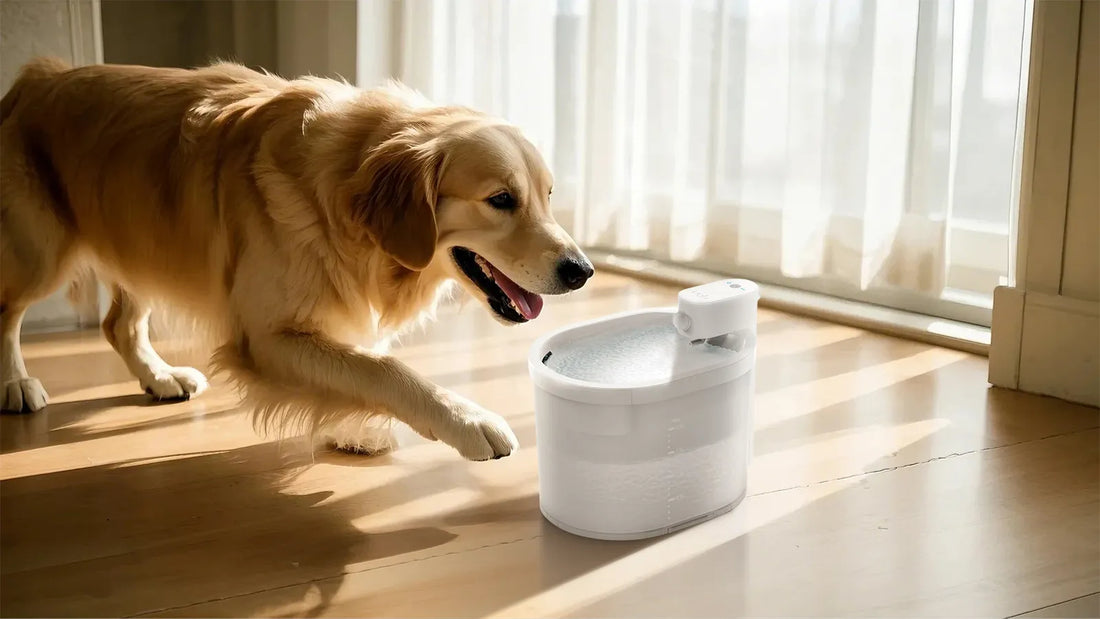When it comes to caring for a pregnant dog, nutrition plays a pivotal role in ensuring the health of both the mother and her developing puppies. One of the most common questions dog owners ask is, when should I start feeding my pregnant dog puppy food? The answer isn’t always straightforward, as it depends on various factors such as the dog’s breed, size, and stage of pregnancy. This article will guide you through the process, helping you make informed decisions for your furry friend.
Understanding the Nutritional Needs of a Pregnant Dog
During pregnancy, a dog’s body undergoes significant changes to support the growth of her puppies. Her nutritional requirements increase substantially, particularly in terms of calories, protein, and essential vitamins and minerals. A high-quality diet is crucial to meet these demands and prevent deficiencies that could harm both the mother and her litter.
Puppy food is often recommended for pregnant dogs because it is formulated to support rapid growth and development. It typically contains higher levels of protein, fat, and calories compared to adult dog food, making it an excellent choice for a pregnant or nursing dog. However, timing is key to ensure the transition is beneficial.
When to Start Feeding Puppy Food to a Pregnant Dog
The ideal time to start feeding puppy food to a pregnant dog is during the second half of her pregnancy, which is around the fifth or sixth week. During the first four weeks, the nutritional needs of the mother do not change significantly, and she can continue eating her regular adult dog food. However, as the puppies begin to grow rapidly in the second half of the pregnancy, her caloric intake needs to increase by approximately 25-50%.
Switching to puppy food at this stage ensures that the mother receives the extra nutrients required to support her developing litter. It also helps her build up the necessary reserves for the demanding nursing period that follows.
Signs Your Pregnant Dog Needs a Dietary Change
While the general guideline is to start feeding puppy food in the second half of pregnancy, it’s essential to monitor your dog for signs that she may need a dietary change sooner. Some indicators include:
- Weight loss or failure to gain weight despite increased appetite
- Lethargy or reduced energy levels
- Visible ribcage or loss of muscle mass
- Changes in coat quality, such as dullness or excessive shedding
If you notice any of these signs, consult your veterinarian to determine if an earlier transition to puppy food is necessary.
Benefits of Feeding Puppy Food to a Pregnant Dog
Feeding puppy food to a pregnant dog offers several benefits, including:
- Enhanced Nutrition: Puppy food is rich in essential nutrients like protein, calcium, and phosphorus, which are vital for the development of strong bones and muscles in the puppies.
- Increased Caloric Intake: The higher calorie content in puppy food helps the mother maintain her energy levels and supports the growth of her litter.
- Improved Milk Production: A nutrient-dense diet ensures the mother has the resources to produce sufficient milk for her puppies after birth.
- Better Recovery: Proper nutrition helps the mother recover more quickly from the physical demands of pregnancy and labor.
How to Transition Your Dog to Puppy Food
Transitioning your pregnant dog to puppy food should be done gradually to avoid digestive upset. Follow these steps for a smooth change:
- Start Slowly: Begin by mixing a small amount of puppy food with her regular adult food. Gradually increase the proportion of puppy food over 7-10 days.
- Monitor Her Response: Watch for any signs of digestive issues, such as diarrhea or vomiting. If these occur, slow down the transition process.
- Provide Fresh Water: Ensure your dog has access to plenty of fresh water, as puppy food can be more calorie-dense and may increase her thirst.
- Consult Your Vet: If you’re unsure about the transition or your dog has specific dietary needs, seek advice from your veterinarian.
Feeding Tips for a Pregnant Dog
In addition to switching to puppy food, consider the following tips to support your pregnant dog’s nutritional needs:
- Feed Smaller, Frequent Meals: As the pregnancy progresses, the growing puppies take up more space in the mother’s abdomen, making it harder for her to eat large meals. Offer smaller, more frequent meals to ensure she gets enough nutrients.
- Choose High-Quality Food: Opt for a premium puppy food that meets the nutritional standards set by veterinary organizations.
- Avoid Overfeeding: While it’s important to increase her caloric intake, overfeeding can lead to excessive weight gain, which can complicate pregnancy and labor.
- Supplement Wisely: Only provide supplements if recommended by your veterinarian, as excessive amounts of certain nutrients can be harmful.
Post-Pregnancy Nutrition
After giving birth, your dog’s nutritional needs will remain high, especially if she is nursing a large litter. Continue feeding her puppy food during the nursing period to ensure she has the energy and nutrients to produce milk and care for her puppies. Gradually transition her back to adult dog food once the puppies are weaned and her nutritional needs return to normal.
By understanding when to start feeding your pregnant dog puppy food and following these guidelines, you can help ensure a healthy pregnancy and a thriving litter. Your dog’s well-being is in your hands, and with the right nutrition, you can give her the support she needs during this critical time.
Ready to take the next step in caring for your pregnant dog? Start by evaluating her diet and consulting your veterinarian to create a tailored nutrition plan. Your furry friend and her puppies will thank you!













